#adult level
Text

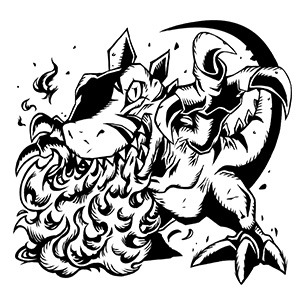

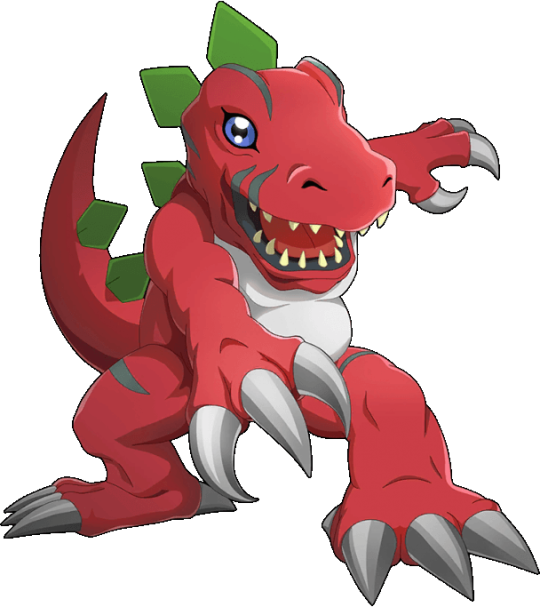

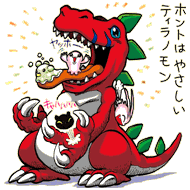


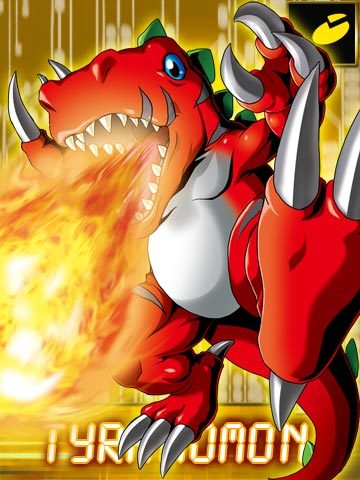
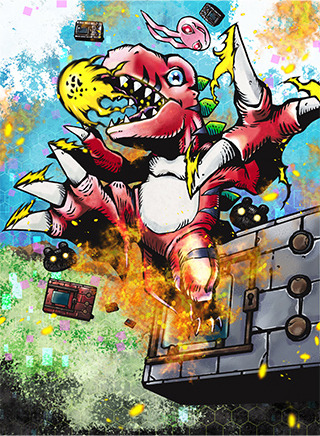
#tyranomon#tyrannomon#digimon#digisafe#digimon survive#digimon adventure#dinosaur#adult level#data#nature spirits#dragon's roar#fire breath
67 notes
·
View notes
Text
Please stop infantlizing autistic people
Stop being weirded out when we cuss. Stop being weirded out when we talk about nsfw topics. Stop being weirded out when we are semiverbal or nonverbal.
We can smoke too, we can drink, vape, and cuss and do anything normal people can do. We can have (concented) sexual relationships. We can kiss people. We can have kinks. We can like BDSM or have fetishes. We are not innocent little kids.
Just because we have a disability doesn't mean we aren't people.
Just because we sometimes need to live with someone else doesn't mean we aren't people.
Just because we don't pick up on social clues doesn't mean we aren't people.
STOP INFANTILIZING US. STOP CALLING US INNOCENT. STOP THINKING YOU NEED TO PROTECT US. WE ARE REGULAR PEOPLE TOO.
#actually autistic#autism#autism awareness#disabled#nerodivergent#autistic things#autistic adult#autistic community#autistic#actually disabled#actually neurodivergent#high support needs#mid support needs#low support needs#autism thoughts#level 2 autism#level 2 autistic#autism level 2
7K notes
·
View notes
Text
i love to see people who are like "you can talk about csa but not around minors that's gross!" like idk how to tell you this but. who do you think is getting csa'd. i'll give you a hint: the first letter in csa does not stand for "adult"
#nnstuff#was browsing the tmnt competition cuz i havent paid attention to it much#and that anon made me laugh#that anon was prolly a kid too but like still. its funny. i dont blame them for thinking that#i just think its funny is all#anyway good on the mod for being very level headed about stuff#they're doing a good job and i'm proud of them even if it's not how i'd handle things- cuz i am an adult who is used to talking about CSA#and they're a kid who is clearly uncomfortable with it and definitely could've responded way worse than they did#csa tw
2K notes
·
View notes
Text
It okay if you want to get rid of your autism.
Lot of people on internet say that autism great and that they like it. That okay too, everyone allowed own opinion on self.
But not make you bad person if you don’t like it.
It hard having meltdowns and sensory overload. Hard to need others to care for self.
You allowed to dislike your autism.
#autism#actually autistic#actually disabled#autistic adult#autistic community#autistic experiences#level 2 autistic#level 2 autism#level 3 autistic#level 3 autism
1K notes
·
View notes
Text
How To Network 🤝📱💬
Have a Plan: Because everyone is important, it's really important to know what you're good at. Before you go to any networking event, figure out what you're good at – like things you can do well, what you know, and the people you know. Plan what you want to talk about, especially how you can help others, either now or later on.
Start with Who You Know: Talk to people you already know, like friends and colleagues. Ask if they can introduce you to others.
Go to Events: Attend conferences, seminars, workshops, industry meetups, and social gatherings related to your field of interest.
Use Social Media: Make profiles on websites like LinkedIn or Instagram to meet people in your niche online.
Elevator Pitch: Create a concise and engaging intro that highlights who you are, what you do, and what you're seeking. This way you can make a strong first impression.
Ask Good Questions: When you talk to someone, ask questions that show you're interested in what they're saying.
Provide Value: Networking is a two-way street. Offer your expertise, assistance, or connections to others whenever possible. When you start paying attention to what people can do, you might see that one person could help another person. Try to introduce people who you think have something valuable to share. When you make these good connections, you're helping the networking event go well. This will help you establish a good reputation and create strong relationships.
Say Thank You: After meeting, send a message to say you enjoyed the talk.
Follow up & Follow Through: If you said you would talk to someone later, make sure you actually do it and let them know you're still happy to help. If you promised to introduce one person to another, take a moment to make that introduction.These small things really matter to people, and just one introduction could make someone's life better.
Meet Different People: Don't just talk to the same kind of people. Meet people from different jobs and places.
Never dismiss anyone as unimportant: Don't think someone is not important just because of their job title. They could know important things or have helpful friends you wouldn't know about if you didn't give them a chance.
Join Groups: Be part of clubs or groups related to your work. You can meet more people there.
Be Yourself: Just be you. Don't pretend to be someone else.
Learn New Things: Keep learning about your interests. It helps you have better conversations.
#social skills#relationships#business tips#career#life advice#business women#women in business#networking#entrepreneurship#events#level up journey#glow up tips#boss woman#girl boss#women in tech#social interaction#communication#self confidence#adulting#advice
2K notes
·
View notes
Text
Accept your child with autism or you will be forced to accept a child with autism and DID, cluster B personality disorder and/or PTSD.
The choice is your.
#level 1 autism#high functioning autism#autism#actually autistic#autistic#actually autism#autistic adult#autistic spectrum#neurodiversity#ableism#leftism#mental illness#medical model
606 notes
·
View notes
Text
Why we don’t like it when children hit us back
To all the children who have ever been told to “respect” someone that hated them.
March 21, 2023
Even those of us that are disturbed by the thought of how widespread corporal punishment still is in all ranks of society are uncomfortable at the idea of a child defending themself using violence against their oppressors and abusers. A child who hits back proves that the adults “were right all along,” that their violence was justified. Even as they would cheer an adult victim for defending themself fiercely.
Even those “child rights advocates” imagine the right child victim as one who takes it without ever stopping to love “its” owners. Tear-stained and afraid, the child is too innocent to be hit in a guilt-free manner. No one likes to imagine the Brat as Victim—the child who does, according to adultist logic, deserve being hit, because they follow their desires, because they walk the world with their head high, because they talk back, because they are loud, because they are unapologetically here, and resistant to being cast in the role of guest of a world that is just not made for them.
If we are against corporal punishment, the brat is our gotcha, the proof that it is actually not that much of an injustice. The brat unsettles us, so much that the “bad seed” is a stock character in horror, a genre that is much permeated by the adult gaze (defined as “the way children are viewed, represented and portrayed by adults; and finally society’s conception of children and the way this is perpetuated within institutions, and inherent in all interactions with children”), where the adult fear for the subversion of the structures that keep children under control is very much represented.
It might be very well true that the Brat has something unnatural and sinister about them in this world, as they are at constant war with everything that has ever been created, since everything that has been created has been built with the purpose of subjugating them. This is why it feels unnatural to watch a child hitting back instead of cowering. We feel like it’s not right. We feel like history is staring back at us, and all the horror we felt at any rebel and wayward child who has ever lived, we are feeling right now for that reject of the construct of “childhood innocence.” The child who hits back is at such clash with our construction of childhood because we defined violence in all of its forms as the province of the adult, especially the adult in authority.
The adult has an explicit sanction by the state to do violence to the child, while the child has both a social and legal prohibition to even think of defending themself with their fists. Legislation such as “parent-child tort immunity” makes this clear. The adult’s designed place is as the one who hits, and has a right and even an encouragement to do so, the one who acts, as the person. The child’s designed place is as the one who gets hit, and has an obligation to accept that, as the one who suffers acts, as the object. When a child forcibly breaks out of their place, they are reversing the supposed “natural order” in a radical way.
This is why, for the youth liberationist, there should be nothing more beautiful to witness that the child who snaps. We have an unique horror for parricide, and a terrible indifference at the 450 children murdered every year by their parents in just the USA, without even mentioning all the indirect suicides caused by parental abuse. As a Psychology Today article about so-called “parricide” puts it:
Unlike adults who kill their parents, teenagers become parricide offenders when conditions in the home are intolerable but their alternatives are limited. Unlike adults, kids cannot simply leave. The law has made it a crime for young people to run away. Juveniles who commit parricide usually do consider running away, but many do not know any place where they can seek refuge. Those who do run are generally picked up and returned home, or go back on their own: Surviving on the streets is hardly a realistic alternative for youths with meager financial resources, limited education, and few skills.
By far, the severely abused child is the most frequently encountered type of offender. According to Paul Mones, a Los Angeles attorney who specializes in defending adolescent parricide offenders, more than 90 percent have been abused by their parents. In-depth portraits of such youths have frequently shown that they killed because they could no longer tolerate conditions at home. These children were psychologically abused by one or both parents and often suffered physical, sexual, and verbal abuse as well—and witnessed it given to others in the household. They did not typically have histories of severe mental illness or of serious and extensive delinquent behavior. They were not criminally sophisticated. For them, the killings represented an act of desperation—the only way out of a family situation they could no longer endure.
- Heide, Why Kids Kill Parents, 1992.
Despite these being the most frequent conditions of “parricide,” it still brings unique disgust to think about it for most people. The sympathy extended to murdering parents is never extended even to the most desperate child, who chose to kill to not be killed. They chose to stop enduring silently, and that was their greatest crime; that is the crime of the child who hits back. Hell, children aren’t even supposed to talk back. They are not supposed to be anything but grateful for the miserable pieces of space that adults carve out in a world hostile to children for them to live following adult rules. It isn’t rare for children to notice the adult monopoly on violence and force when they interact with figures like teachers, and the way they use words like “respect.” In fact, this social dynamic has been noticed quite often:
Sometimes people use “respect” to mean “treating someone like a person” and sometimes they use “respect” to mean “treating someone like an authority” and sometimes people who are used to being treated like an authority say “if you won’t respect me I won’t respect you” and they mean “if you won’t treat me like an authority I won’t treat you like a person” and they think they’re being fair but they aren’t, and it’s not okay.
(https://soycrates.tumblr.com/post/115633137923/stimmyabby-sometimes-people-use-respect-to-mean)
But it has received almost no condemnation in the public eye. No voices have raised to contrast the adult monopoly on violence towards child bodies and child minds. No voices have raised to praise the child who hits back. Because they do deserve praise. Because the child who sets their foot down and says this belongs to me, even when it’s something like their own body that they are claiming, is committing one of the most serious crimes against adult society, who wants them dispossessed.
Sources:
“The Adult Gaze: a tool of control and oppression,”
https://livingwithoutschool.com/2021/07/29/the-adult-gaze-a-tool-of-control-and-oppression
“Filicide,” https://en.wikipedia.org/wiki/Filicide
#repost of someone else’s content#medium repost#Alba M.#purity culture#ageism#adultism#youth oppression#childism#child abuse#parental abuse#youth rights#youthlib#youth liberation#parricide#nuclear family abolition#anarchism#note: I would consider reevaluating the demonization of adults who kill their parents too#many victims remain entrapped well into adulthood#there are still a lot of issues of economic dependency and control especially for young adults#and I don’t think such a totalizing power imbalance engendered in childhood is so easily levelled#even if an adult does become financially independent#likewise for adult victims of intimate partner abuse: also structurally made difficult for them to leave#even if not criminalized to the same degree#anti-abuser aktion
2K notes
·
View notes
Text
Some more advice for fellow adults: set your ego aside and let younger people (even kids!) educate and teach you. There is no shame in looking to a younger person for education and knowledge. It is, actually, a big facet of humanity that we teach each other - why, then, does that teacher need to be the Right Age in order for you to be willing to learn from them?
#youth liberation#adultism#i'm looking to a younger person to teach me about crochet and it's actually FINE#it's actually not an attack on Your Ego that a young person is more knowledgeable about something or possesses a talent at a level you dont!#and personally i like learning from younger people because they tend to be kind and PASSIONATE about what they are talented at!#like the young person i'm learning crochet from has this super bubbly and energetic personality and that's MOTIVATING me#and it feels less like they're just dictating crochet at me and more like we're equals sharing a passion and a craft#and THAT is what makes people want to learn. THAT is what will keep people engaged and motivated even when it gets tough#frankly it's just... kind of a red flag to me when somebody devalues younger people SO MUCH that they REFUSE to listen or learn from them#it's just... arrogance and cruelty for the sake of cruelty in my eyes
780 notes
·
View notes
Text

I swore to myself I'd never redesign the black mask fit because I think it's perfect the (horrible) way it is but then I got bored and had an idea.
#goro akechi#persona 5#p5#akechi goro#p5r#persona 5 royal#cleb art#look! a wild character design#i lovethe og black mask tho. every time someone says he looks bad i add another pile of dirt to the hill ive chosen to die on#“hereward fit” is less of that specifically and more#a part of a long drawn out au/story that exists in p5 postcanon in my head#and i dont think akechi would have that outfit he wears in canon when he's like an adult#& has done some level of development past the horrible mess of a person he is in game#i think if the metaverse continued to exist in some form#or like if any pf the thieves joined the shadow ops all of their outfits would change#as their perceptions of themselves grew and changed#not joker tho joker would b the same joker's already reached his ideal sense of fashion
1K notes
·
View notes
Text

Honestly I am so glad to see this in an article - this is my specific presentation of autism and I have never ever ever seen it acknowledged anywhere. The DSM-5 literally has separate level categories for social skills and behavioural issues, but no one ever seems to talk about the people who are Level 1 in one factor but Level 2 in another, and therefore don't fit into the clear-cut level system. I've had a lot of difficulty relating to other autistic people because of this - my social/communication skills are good and I can live independently to a degree (to my knowledge), but I have bad self-injurious behaviours, severe meltdowns, PICA-like behaviour, and a near total inability to mask - like I hear a lot of people talking about masking in autism and I really cannot relate to it at all as I have never really done that (Everyone except me and my dad instantly knew something was off, and as a result I got bullied extremely badly as a child. Should have been diagnosed a lot earlier than I was but dad was against it so I only got diagnosed when it was almost too late. I did try to mask but I completely failed and was still bullied and rejected, so I gave up. Now I very rarely have social interactions with anyone who isn't already in my circle). So I feel unable to relate to any one level of autism, and I've never seen anything about "in-betweeners" before today. I felt like I didn't fit into the autism community. So an article like this, mentioning even a sentence about the "in-betweeners", is EXACTLY what I wanted and needed to see. Lovely stuff, wish there was more. Anyone else with this same issue out there?
#actually autistic#actuallyautistic#autism#autistic#autistic community#autistic adult#autistic things#asd#asc#neurodiversity#level 1 autism#level 2 autism#BE NICE
364 notes
·
View notes
Text
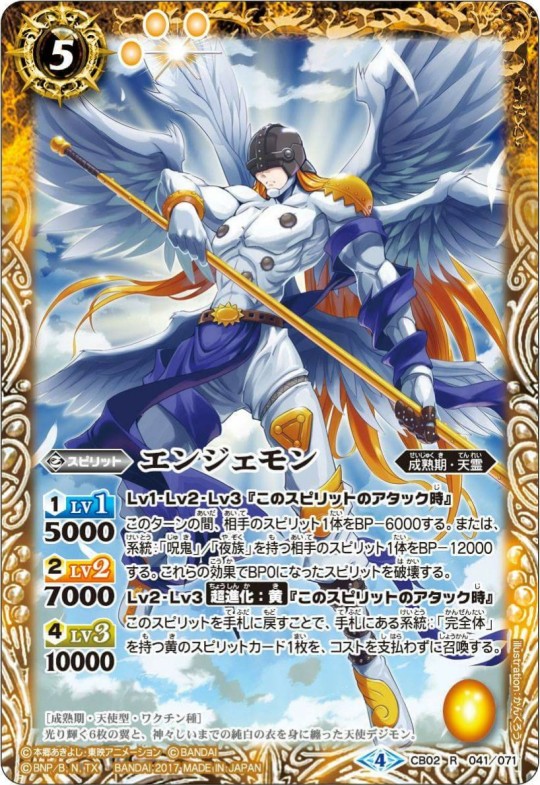
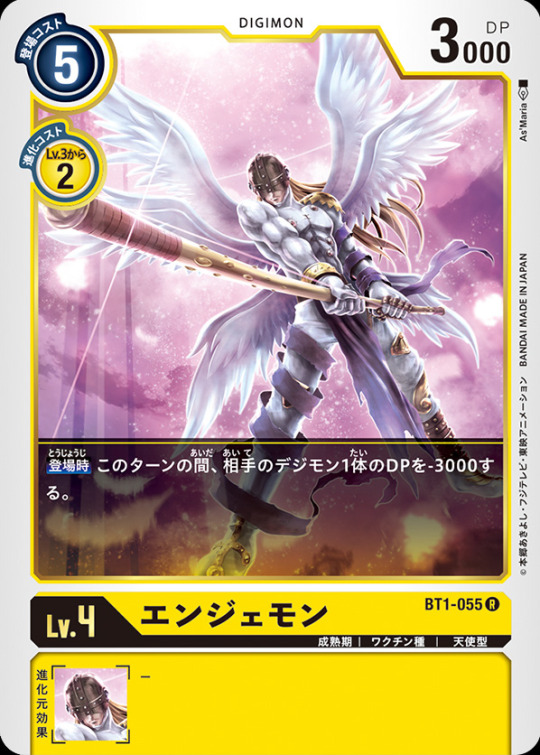

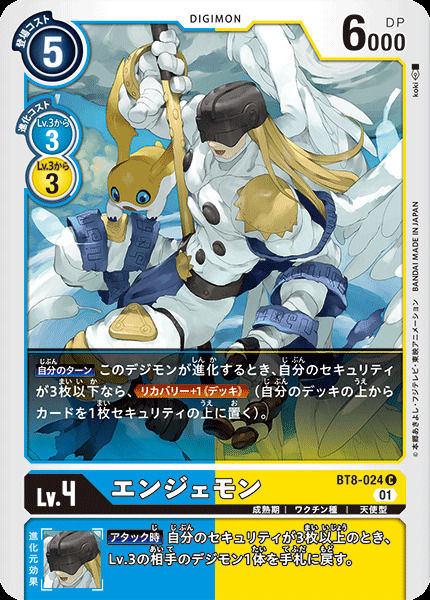
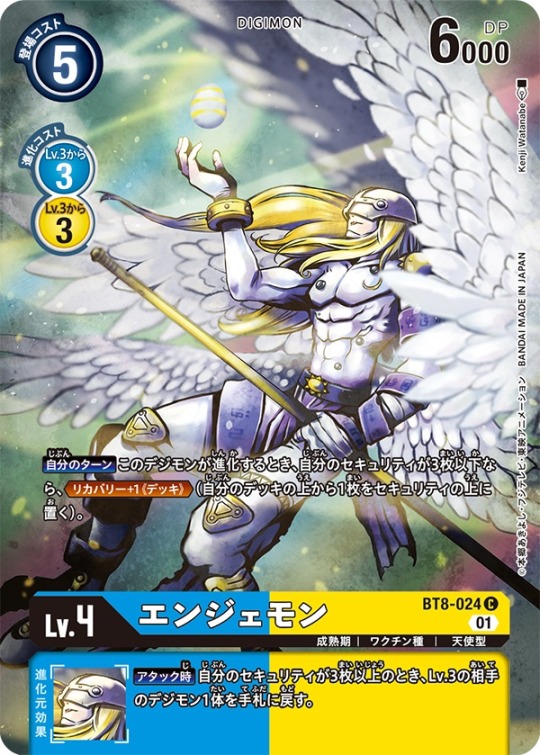

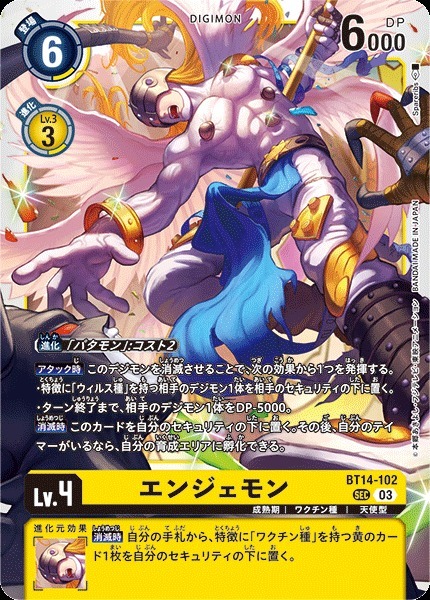


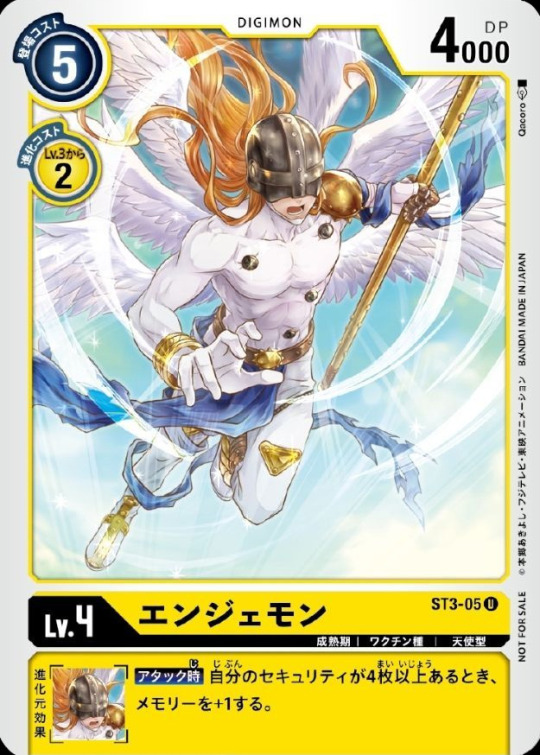
#angemon#digimon#digisafe#digimon adventure#battle spirits#digimon card game#angel#holy#vaccine#adult level#wind guardians#virus busters#heaven's knuckle
74 notes
·
View notes
Text
Growing Pains
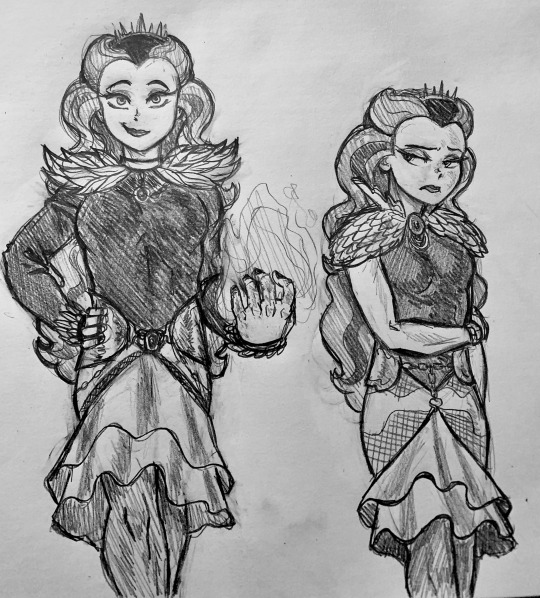
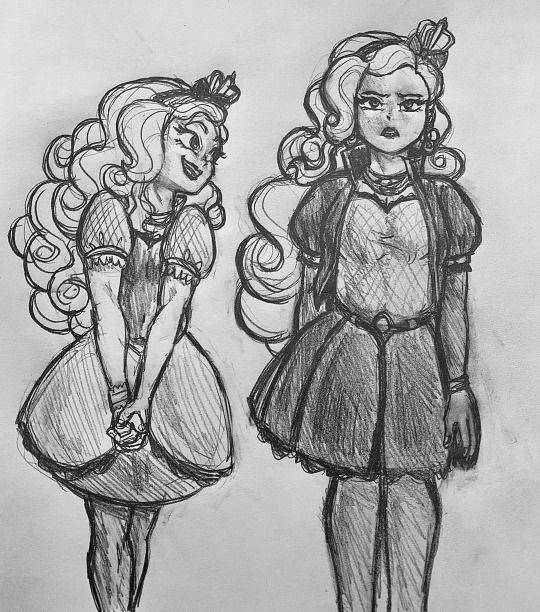
as raven finally gets to be free from her shackles, apple silently chooses to shoulder all the pain that comes their way and bear the burdens of dealing with the horrors of the world so that raven can be happy. because raven has suffered so much and apple decides it’s only fair that she do all she can to prevent raven from any further suffering. it’s her way of atoning for all the hurt she caused raven, because apple knows raven has been and always will be a better person than her. to apple, if either of them deserves to smile, it’s raven.
#so level with me here#ideally i’d want a few more story arcs in the main series of eah right#ending when they graduate#but then say there’d be a time skip amounting to the same length of a gap year right#and then that’s when the sequel series would take place#basically like part 2#it wouldn’t be as long as the original series#but it would have a few more arcs and lead to the final conclusion to the main series#it’s basically what naruto shippuden is to naruto#if that helps it to make sense#except they’d be young adults at that point#aged from 18-21#eah#eah fanart#ever after high#raven queen#apple white#duncart
168 notes
·
View notes
Text
I'm upset with tiktok. Particularly the mental health aspect of tiktok. It's so inaccurate most of the time but people act like it's not. You shouldn't take mental advice from tiktok. Tiktok is partially responsible for setting back the public's perception of OCD, we were gaining traction in helping people understand that intrusive thoughts don't make us, killers, creeps, or dangerous.
Now we've got tiktok people telling everyone that intrusive thoughts are about wanting to eat too much candy, or poke a Llama in the face because it's so cute. No those are just thoughts, normal thoughts, impulsive thoughts.
They are likely not ego dystonic. They likely do not clash with your sense of self, you most likely do not have a negative or anxious reaction to these thoughts. Intrusive thoughts are unwanted, scary, distressing thoughts that pop into your mind randomly and you don't want them.
People with ocd can't control their thoughts, but now we have people calling OCD people and people with other conditions monsters because they have real intrusive thoughts that follow a common theme, hurting others, doing something bad or perverted. Or something you don't want to do, it can even be thoughts about joining another religion or secretly being a sexuality and not knowing it.
Intrusive thoughts can be anything, but they are always unpleasant and unwanted, they are considered to be ego dystonic meaning they do not go along with a person's sense of self.
When I was younger I would have thoughts about pushing people into the street and them getting run over by cars, I hated those thoughts. I didn't want them, those were intrusive thoughts. Tiktok has harmed OCD acceptance and imagine what it's going to do to Autism, which I also have, if people keep taking advice from tiktok. Please don't take tiktok advice
#actually autistic#autism#autistic adult#autistic experiences#autism level 2#late diagnosed autistic#autistic women#autism diagnosis#asd#autistic#tiktok#actually ocd#ocd#intrusive thoughts#obsessive compulsive disorder#mental illness#fyp#mental health
550 notes
·
View notes
Text
Don’t have to have any skills to be valuable.
Have value because you exist.
Love you and hope your day is easier.
#autism#actually autistic#actually disabled#autistic adult#autistic community#autistic experiences#level 2 autism#level 2 autistic
665 notes
·
View notes
Text
Daily remind that disable guardians exist TOO!!! And they have bad days too!!! And sometimes not can cook too!!!! And sometimes not able give 100% attention!!!! And sometimes not able be emotional available.... in short DISABLE PARENTS GUARDIANS ETC EXIST AND DESERVE NOT BE CALLED ABUSIVE JUST FOR BE DISABLE
#disabled#actually autistic#autism#actually disabled#neurodivergent#autistic#autistic things#actually neurodivergent#autism community#autism type 2#autistic thoughts#autistic adult#autism level 1#high support needs#low support needs
307 notes
·
View notes
Text
When you grow up having the worst possible things happening to you around every corner, you can't just keep living your life without expecting the worst.
This isn't even paranoia, it's learning by experience. You can't just start expecting nice and safe and kind things to be put in your way, if they never were, it would not be backed up by any real-life experience you had. It would feel like you're dreaming if you suddenly expect your life to change completely and contain different events from anything you've experienced before. We don't work like that. We learn from experience. We can only predict what's ahead by looking at what's behind us, our collective experience on earth is the only pointer we have to what else we can expect to happen.
If you often told that your expectations are twisted, or that you're just looking for the worst in people, or assuming everyone has bad intentions, that's not something you should be blamed for. After suffering abuse and mistreatment, you have to be on the lookout for these things to prevent the worst and to save your life. You cannot afford to get trapped in abuse again, you have to look at every person and ask yourself, what is the worst they're capable of. What would they do if they had the complete power over me. And you have to work with that, make sure it doesn't get to it, as much as it's in your power to do so.
Abuse victims have to go above and beyond to keep themselves safe, because we get targeted. It's not something we want to do, or something we do to make our own lives difficult. We don't enjoy it. We want to be safe. We want to let our guard down. We want to relax and believe we're surrounded by people who wouldn't harm us. But, if we're wrong, the consequences can be disastrous. And getting abused by someone we trusted was safe for us, that is not something we can survive endless times in life.
#learning from experience#abuse recovery#healing from abuse#trauma recovery#vigilance being misdiagnosed as paranoia#assuming bad attentions to keep ourselves safe#i made this mistake too many times recently#and now i'm in the worst mess psychologically then i was years ago :(#i was supposed to be getting better from trauma#instead i'm devastated on a whole new level#i didn't realize how vulnerable i could be as an adult#i lost the faith in myself after being betrayed like this
455 notes
·
View notes